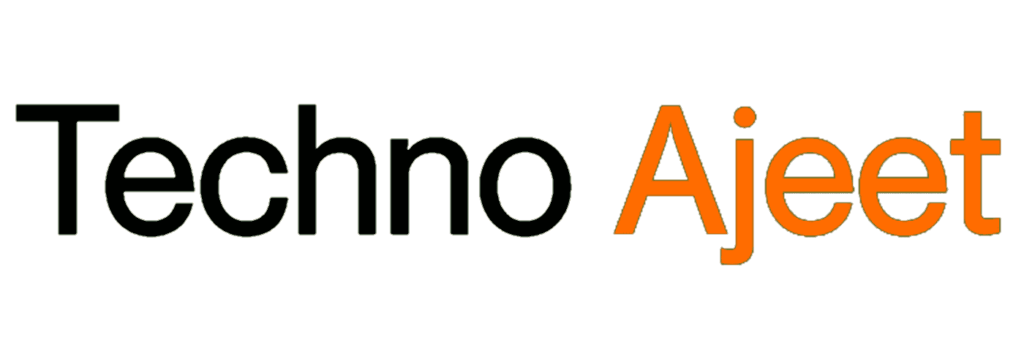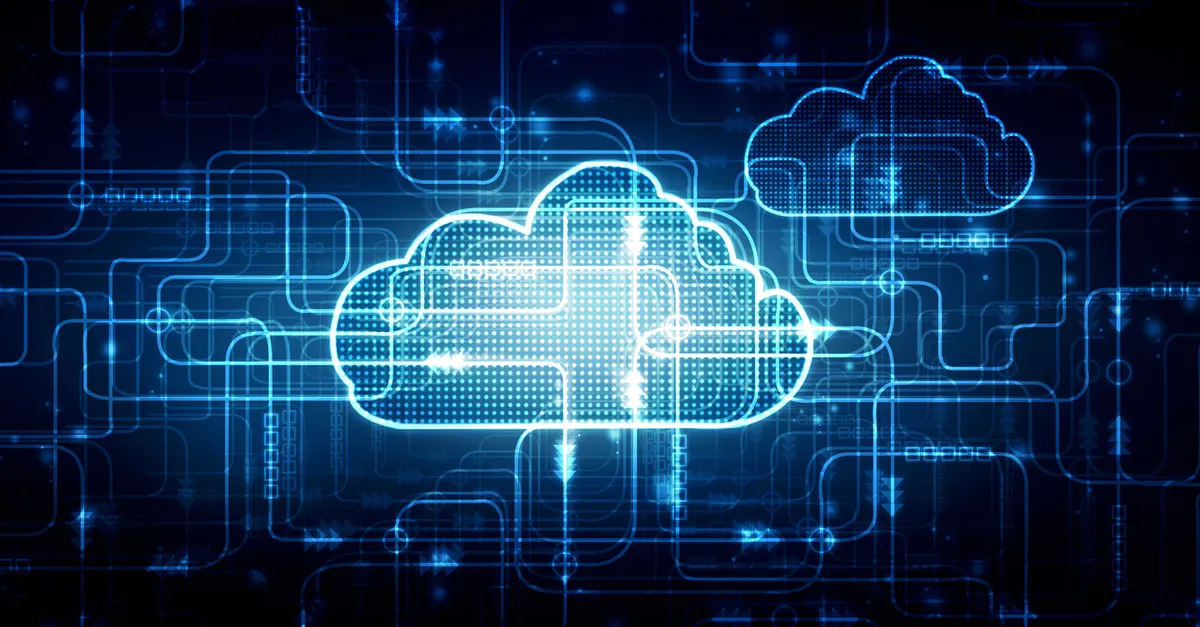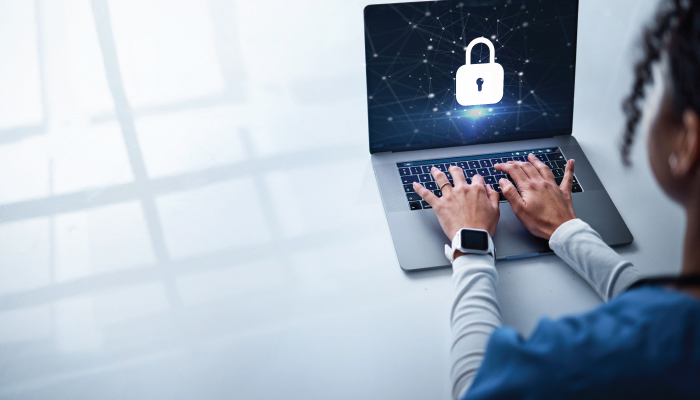As business activities become more dependent on digital channels, communications systems quickly need to be protected from unsolicited breach attempts into the system networks, keeping sensitive information and privacy in mind. Communication Platforms as a Service (CPaaS) and Session Initiation Protocol (SIP) trunks would play an important role in establishing channels for real-time communications through different business channels. Given the surge of security threats in this digital age, it has become quite imperative to evaluate the roles of these services in securing communications.
Introduction to CPaaS and SIP Trunking
Very simply, CPaaS can be defined as a cloud-based platform that enables real-time communication services for businesses through voice, video, messaging, or email, which can be integrated into applications using API (application programming interface). This takes the headache of complex infrastructure management off the shoulders and offers flexible options for scaling.
In contrast, SIP trunking connects through the Internet the public switched telephone network to the private branch exchange system (PBX). Such VoIP (Voice over Internet Protocol)-enabled communication allows the business to make calls and receive phone calls on the Internet instead of through traditional phone lines.
Despite all the benefits that CPaaS and SIP trunking may present to modern communication, it is enormously important to undertake the security aspects of both to protect business-sensitive data down to customer communications from any threat.
Security Concerns of CPaaS
· E2EE or End-to-End Encryption: Within the very voice and video calls and messages, CPaaS providers should have secure E2EE. Therefore, they can only be accessed by certain parties according to the tenor of the conversations, which would keep them to themselves and maintain confidentiality. Signals against eavesdroppers are maintained.
· Authentication and Access Control: The CPaaS applications should be kept safe with strong factors of authentication like multi-factor authentication. Access controls would also include allowing only certain authorized persons to use sensitive communication channels.
· Compliance with Data Regulations: All organizations would include compatible data protection-related requirements in their CPaaS provider acceptable to such regulations as GDPR, HIPAA, or CCPA-therewith imposing strict red tape how the communication data should be treated and stored in the companies. It is expected of data providers to have well-stringent procedures for data retention, access logs, and secure methods of storing data.
· Call Authentication and Fraud Prevention: To include functionalities such as user identity verification or detection of abnormally calling pattern activities indicative of possible fraudulent activity.
Conclusion
Research into communication security would be one other issue regarding CPaaS as a service and SIP trunking. Security solutions would include authentication, compliance, cost management, and fraud prevention. They would have allowed the introduction of just the right CPaaS provider with stringent security features and sometimes invoice management required from a good SIP trunk provider to create a more secure communication infrastructure that teaches customer data and privacy against emerging cyber threats in the future.




